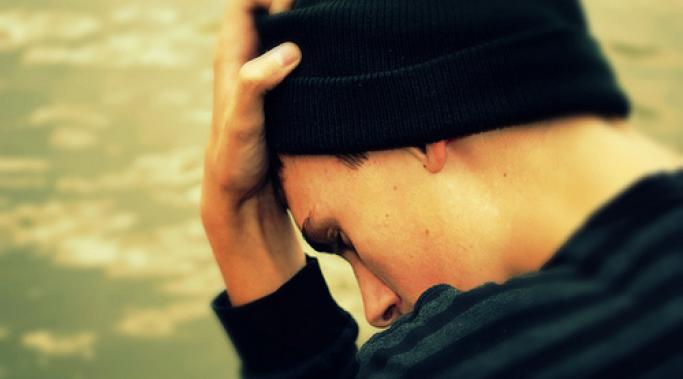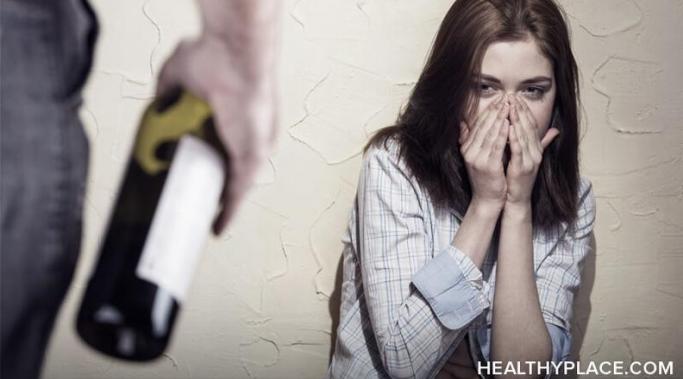Blogs
Uncontrolled anger often results in others--police, psychiatrists, nurses--controlling it for you. I remind myself "You are not in control of what life throws at you. But you are in control of your attitude."
The stress of an anxiety disorder can twist the fabric of life; I can't see it the same way as I did before my "nervous condition" set in. This isn't stage-fright, or make believe. It's not masterpiece theatre. I did not get PTSD from watching too many Twilight Zone episodes.
But I am living my life just in case
Early last week, while picking up Bob from school, I was stopped by one of the after-school program teachers.
"Summer enrollment is this week," she warned me. "Make sure you fill out the form before Friday afternoon."
Thus began a several-day period of stressing, obsessing and plea-bargaining.
While not everyone with Dissociative Identity Disorder also has a diagnosable depressive disorder, I’d wager at least 50% live regularly with some type of depression. As for me, I have Major Depression and Dysthymia. The former is a real pain; the latter is far more manageable. I’ve never taken either one very seriously and I think the magnetic relationship between dissociation and depression is the primary reason why.
While not everyone with dissociative identity disorder also has a depressive disorder, I’d wager at least 50% live regularly with some type of depression. As for me, I have major depression and dysthymia. The former is a real pain; the latter is far more manageable. I’ve never taken either one very seriously and I think the magnetic relationship between dissociation and depression is the primary reason why.
I know this seems like an odd question, but I was considering it this morning (in my shower). It is a common problem for people with a mental illness. I have a tendency to avoid showering (really) and I know of others with a mental illness have gone weeks without showering.
So, if all we’re talking about is standing in some warm water, why don’t we want to shower?
In an abusive relationship, it is important for abuse victims to realize the warning signs of impending abuse. We need to know that the relationship is a battleground ready to erupt in controlled violence at any second. You, the targeted victim, can learn to predict when abuse is about to happen if you pay attention to tell-tale signs within yourself and broadcast by your abuser. I can tell you what happened within me before abuse erupted, and my hope is that you will be able to use the examples in my list to recognize and write down your warning signs of impending abuse too.
Andrea Roe lived with anorexia and bulimia for 6 years. Now that she's healthy again, it is her passion to raise awareness about these misunderstood disorders and share her story to let others still struggling know that there is hope, and full eating disorder recovery really is possible.
When I was in college I confided in a friend about an incident at a party that left me feeling taken advantage of. Initially I was taken aback by her outrage on my behalf. A few days later, I was equally shocked by her hostility towards me. It took many years before I understood that Dissociative Identity Disorder played such a large role in the party incident that I came away with an impression of it that wasn't accurate at all. By reporting it to my friend, I essentially told a lie, though I didn't realize it at the time. Today her wildly varying reactions make sense to me because I have a much better understanding of the potential pitfalls of my dissociative memory.
Angela is taking the next couple of weeks off, but will hopefully be returning towards the end of March. In the meantime, please enjoy her other wonderful articles on eating disorders. As always, your thoughts and comments are welcome. Thank you.








